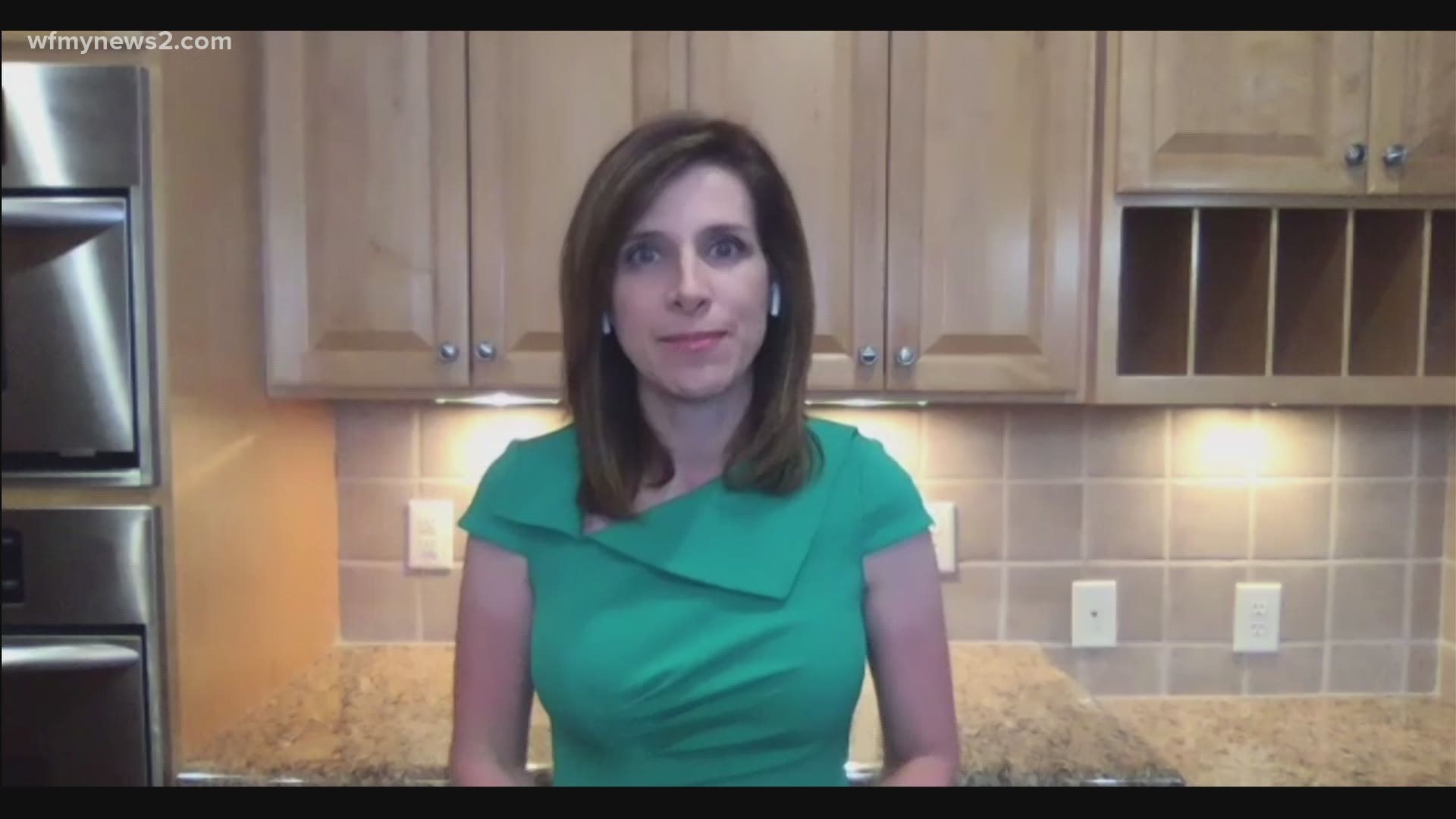When the coronavirus first started spreading, health officials warned it impacted older adults and those with compromised immune systems more easily. But, as health officials learned more about the virus, it became clear no one was immune. Now, those tracking cases say that people in the age group of 18 to 49 year olds are contributing to the spread of COVID-19.
There's a psychological theory, confirmation bias, that can help explain the reasons young adults are resistant to take the coronavirus seriously. Their initial information was that the coronavirus impacted older adults 65 and older and those with compromised immune systems. Young adults who aren't in the at-risk age group and don't have compromised immune systems tend to ignore the new medical information and safety measures. To hold onto their initial beliefs that the conronavirus won't impact them, they find evidence that supports there initial beliefs. And this helps explain many young adults dismissive attitudes.
Telling them that new science evidence and sharing the facts doesn't work. The explanations inform and not challenge their way of thinking. And this is the reason that information sharing is ineffective.
To help your young adult to change their views about the coronavirus, there's a strategy called "consider the opposite" that appears to be effective in getting people to reduce their confirmation bias. A parent can ask their young adult kid to consider an opposing point of view. They might ask, "If you think the coronavirus isn't dangerous, what are some reasons that would make it dangerous?" Or, "If you think social distancing doesn't work, what are some reasons that social distancing works?" Or, "If you think wearing masks is ineffective, what are some reasons that it would effective?" This works because it challenges their current way of thinking and makes them think of different outcomes that what they'd expect.
Share your thoughts on my Facebook page: Blanca Cobb - Body Language Expert. Write a message on my timeline and I'll get back to you. While you're on my page, I'd appreciate if you give my page a "like".

